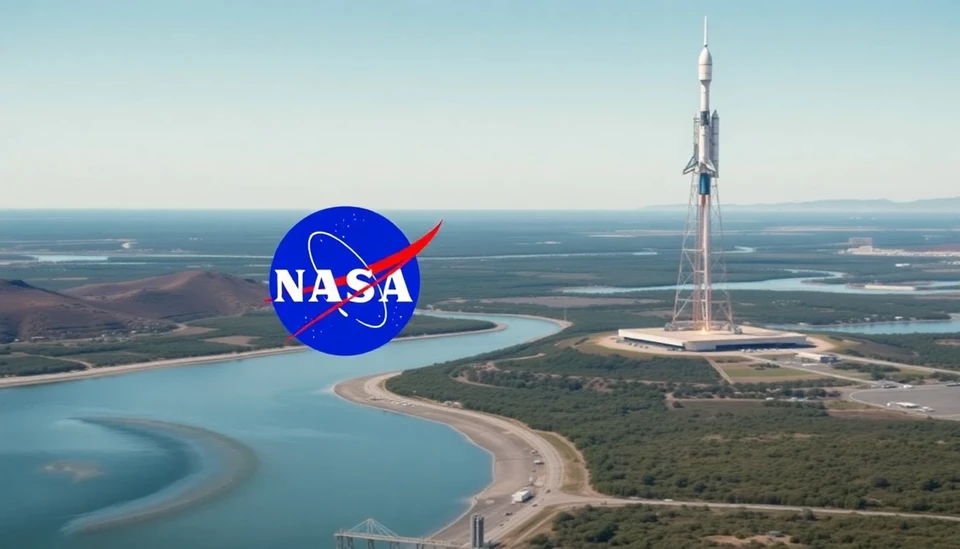
NASA has officially launched an exciting new mission aimed at exploring one of the solar system's most intriguing celestial bodies: Europa, one of Jupiter's icy moons. This mission, set to commence in the coming years, seeks to delve deep beneath Europa's frozen surface to investigate whether it harbors conditions suitable for life.
Europa is notable for its thick ice crust, which scientists believe covers a vast ocean of liquid water. The potential for subsurface water makes Europa a prime candidate in the quest to understand the potential for extraterrestrial life. Scientists have long speculated that similar environments on Earth, such as the icy depths of Antarctica, are home to rich ecosystems, leading to the hypothesis that life could also exist in Europa's hidden oceans.
The mission, called Europa Clipper, is designed to conduct detailed reconnaissance of Europa’s ice shell and subsurface ocean. Scientists are hoping to gather critical data on the moon's composition, geology, and the potential for organic materials—key factors in determining whether the conditions for life could exist there.
Planned for launch in the early 2030s, the Europa Clipper spacecraft will conduct flybys of Europa, using a suite of scientific instruments to collect data from hundreds of miles above the moon's surface. This technique will allow researchers to analyze the moon's ice, surface features, and electromagnetic fields without risking a landing.
One of the core objectives of the mission is to investigate how water interacts with Europa's surface and whether there are chemical processes occurring that could support life. This multifaceted approach includes mapping the surface and ice thickness, studying the moon's thin atmosphere, and examining any plumes of water vapor that may erupt from the surface.
Scientists are particularly keen to study the composition of these plumes, as they may contain salts and other ingredients necessary for life. Discovering these components would bolster the argument that Europa’s ocean could facilitate biological processes akin to those found on Earth.
The potential for life beyond our planet excites not only astronomers and astrobiologists but also the broader public, as curiosity about life in the universe fuels numerous discussions and investigations. If conditions conducive to life are confirmed, it could redefine our understanding of life's existence throughout the cosmos.
As we stand on the cusp of this ambitious exploration, the anticipation surrounding the Europa Clipper mission underscores humanity's unquenchable thirst for knowledge about the universe and our place within it.
In conclusion, NASA's journey to Jupiter's ice-covered moon serves as a reminder that the quest for understanding our solar system is ongoing and ever-evolving. The insights gleaned from this mission could potentially reshape our perspectives on life, both on Earth and beyond.
#NASA #EuropaClipper #Jupiter #Astrobiology #SpaceExploration #Exoplanets #LifeBeyondEarth #CosmicDiscovery #RoboticMission
Author: Samuel Brooks




